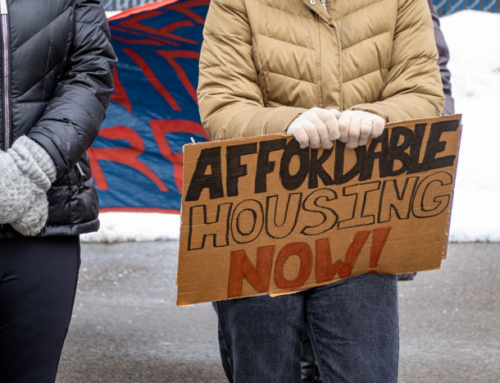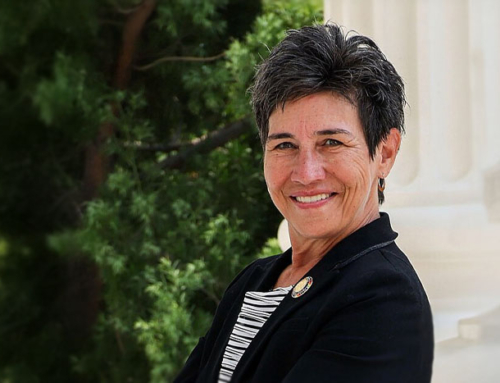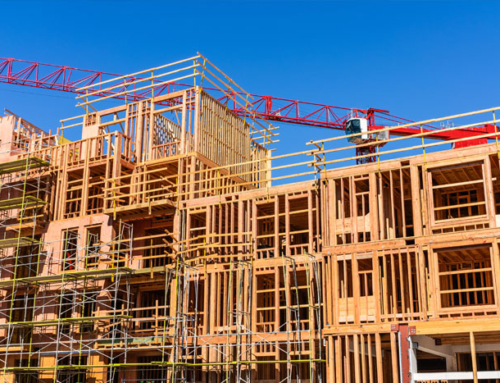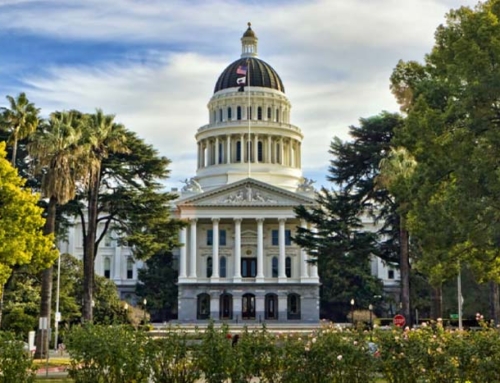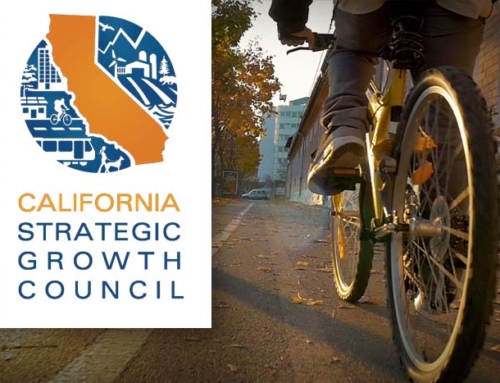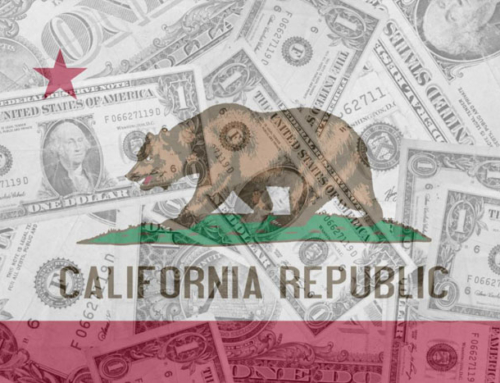The Governor’s May Revise, released on May 10, projected a larger budget shortfall than in January and proposed severe cuts to key housing and homelessness programs that went further than the Governor’s January proposal. The Newsom administration projects a budget shortfall of nearly $45B, $7B more than projected by the administration in January, which he plans to balance through $30B in ongoing and one-time spending cuts, including a proposal to use $12.2B in rainy-day funds and $900M from a safety net reserve across those two years.
For housing programs, the funding picture is mixed: the Governor proposed restoring $500M in Low-Income Housing Tax Credits (LIHTC), which have been included in the budget since 2019, but cut other housing programs in response. Some of these cuts could be supplemented through funding from the recently approved Proposition 1 bond measure; however, funding for that measure typically focuses on a subset of people who need affordable housing: those experiencing homelessness who have mental health or substance abuse challenges. Homelessness programs saw reductions in funding where in January, resources were either delayed or shifted to future years.
- Housing Programs: $1.7B in reductions.
- Multifamily Housing Program: In January, the Governor proposed reducing $250M from the program, leaving just $75M for the 2024 – 25 budget year. In the May Revise, he proposed eliminating the remaining funds from this year’s budget.
- Infill Infrastructure Program: elimination of the $225M program.
- Adaptive Reuse Program: elimination of the $127.5M program.
- Veterans Housing and Homeless Prevention Program: elimination of the $50M program (consistent with January proposal).
- Foreclosure Intervention Housing Preservation Program: complete elimination of the $500M program.
- Regional Early Action Planning Grants 2.0 (REAP 2.0): A reversion of $300M from a total of $600M authorized through the 2021-22 budget, consistent with the January proposal.
- CalHome Program: A reversion of $152.5M in 2023-24, consistent with the January proposal.
- Low-Income Housing Tax Credit: proposal to restore previously eliminated $500M in state LIHTC allocation
- Homelessness Programs: $1.3B in reductions.
- Homeless Housing, Assistance, and Prevention (HHAP): Does not include any new funding for round 6 of the program or a commitment to fund it on an ongoing basis. The Budget maintains $1.1B General Fund for HHAP 5 across 2023 – 25 but eliminates $260M in supplemental funding from prior HHAP funding appropriations. HHAP has been a critical source of flexible funds for local jurisdictions to address homelessness in their communities.
- Behavioral Health Continuum Infrastructure Program (BHCIP): Eliminates $450.7M in one-time funds from the last round of the program. BHCIP will be receiving $4.4B in bond funds through Proposition 1, which was approved in March 2024. The Department of Health Care Services is anticipated to open funding applications this summer and begin granting competitive awards by the fall. These funds will focus on unhoused Californians with mental health challenges.
- Behavioral Health Bridge Housing Program: Reduces $340M over two years for the program.
- Bringing Families Home: Reduction of $80M, for child welfare-involved families
- Housing & Disability Advocacy: Reduction of $50M, for people with disabilities
- Home Safe: Reduction of $65M, for older adults
- Encampment Resolution Program: Reduction of $33.5M.
Housing and homelessness are multisectoral issues, and previous budget years had included funding to address the crisis through work in other sectors, such as student housing and decarbonization. Unfortunately, this year’s budget proposed suspensions and reductions to those programs.
- Consistent with the January budget, the May Revise proposes suspending funding for the California Student Housing Revolving Loan Fund Program, pulling back $300M annually for the program each year from 2024 – 2029 and reverting most of what was appropriated in 2023 – 24; this would be an additional blow to educational housing given that the State shifted previously committed Higher Education Student Housing Grants to debt financing last year.
- The May Revise proposed additional reductions and shifts to the state’s Greenhouse Gas Reduction Fund for the California Energy Commission’s Equitable Building Decarbonization Program, reducing the initial program amount from $922 to $509M. The Equitable Building Decarbonization Program provides decarbonization retrofits to low- and moderate-income households and incentivizes increased adoption of low-carbon technologies. While such funding could be supplemented by Federal Inflation Reduction Act (IRA) funds, these reductions risk the State missing out on leveraging IRA funding to create even greater impact.
The May Revise is the start of highest level negotiations between the Assembly Speaker, the Senate Pro-Tempore, and the Governor. The Legislature has one month to pass a balanced budget by June 15, and the Governor will then have two additional weeks to sign it, although trailer bills with additional budget details will likely follow throughout July.
These cuts place additional pressure on an ongoing campaign to put a $10B affordable housing bond on the ballot in November to replenish state funding for housing. Authored by Buffy Wicks (D-Oakland), AB 1657 competes with other borrowing plans for school buildings and climate and flood protection. Given such threats to state-level funding, regional and local financing sources, such as the Bay Area Housing Finance Agency’s (BAHFA) $20B bond and the LA County Affordable Housing Solutions Agency’s (LACAHSA) sales tax measure, will become even more critical to address the state’s housing and homelessness crisis.
© LeSar Holdings/LeSar Development Consultants. All Rights Reserved. Please be advised that any republishing of copyrighted material provided by our organization, in whole or in part, requires prior written authorization. For permission, please reach out to [email protected]. We appreciate your understanding and compliance in upholding copyright laws.







